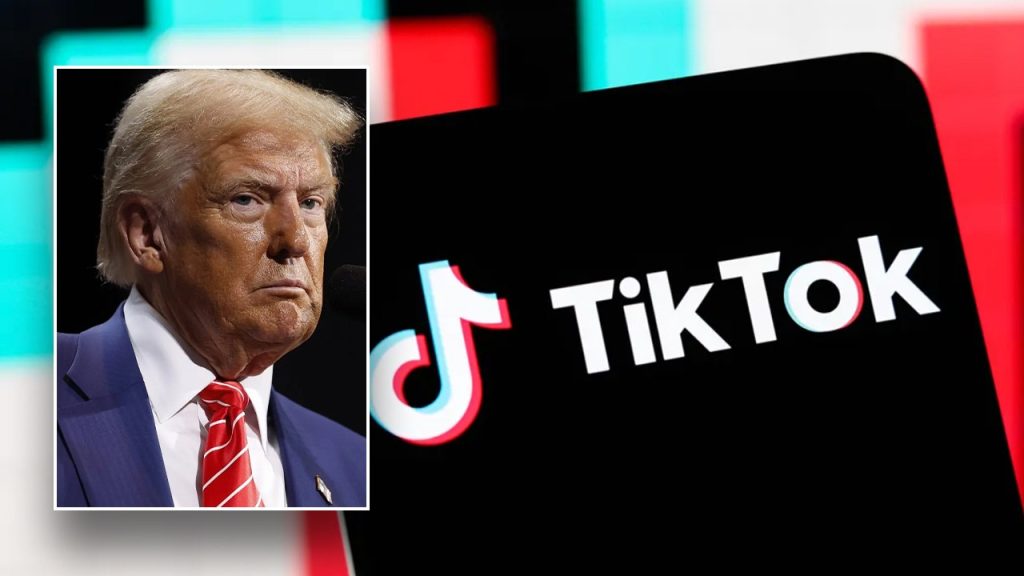President-elect Trump argues that he should be the one to make the decision on whether TikTok can continue operating in the United States due to national security and First Amendment concerns. He filed an amicus brief supporting neither party, asking the Supreme Court to extend the deadline that would lead to TikTok’s shutdown until after he resumes office on January 20, 2025. Trump says he has a unique responsibility and interest in resolving the dispute through political means as the incoming Chief Executive of the United States. He believes the case presents a complex tension between free speech rights and foreign policy and national security concerns.
Trump’s brief highlights his electoral mandate to protect free speech rights, including those of the 170 million Americans who use TikTok. He claims he has the dealmaking expertise and political will to negotiate a resolution to save the platform while addressing national security concerns effectively. Trump notes that the deadline set by a new TikTok law imposing a divestment from ByteDance falls one day before he takes office, hindering his ability to manage foreign policy and pursue a resolution to save the social media platform. He emphasizes that the legislation does not specify any compelling government interest in the deadline and points out that a 90-day extension is allowed under certain circumstances.
The Supreme Court is set to hear oral arguments in the case on January 10, just nine days before the ban is supposed to take effect. Justices will consider TikTok’s emergency application to block the law from being enforced temporarily while the company appeals a decision from the U.S. Court of Appeals for the District of Columbia Circuit. TikTok and ByteDance have argued that the law violates the First Amendment by singling out applicants and barring them from operating a significant speech platform. TikTok introduced Project Texas, isolating its U.S. platform on servers in Oracle’s U.S. cloud environment to address national security concerns at a cost of $1.5 billion.
TikTok CEO Shou Zi Chew has stated that the new initiative ensures U.S. user data is managed by Americans in America, enhancing data security and privacy. Trump expressed support for TikTok during a meeting with Chew at Mar-a-Lago, indicating that his incoming administration will review the situation to prevent the app from being banned in the U.S. Trump asserts that he opposes banning TikTok and seeks a political resolution to address national security concerns. His brief argues that his unique position as the incoming President affords him the ability to negotiate a deal that would save TikTok while protecting free speech rights and national security interests.
The case has been characterized as a historic and challenging clash between free speech rights and national security considerations, making it a difficult issue for the Supreme Court to decide. Trump contends that he alone has the mandate, expertise, and political will necessary to negotiate a successful resolution that would prevent TikTok’s shutdown while addressing the government’s concerns. As the incoming embodiment of the Executive Branch, Trump argues that staying the statutory deadline would allow his administration the opportunity to resolve the issues through negotiation, potentially averting the need for the Court to decide on the First Amendment question presented by the case. Ultimately, Trump believes that his intervention offers the best chance for saving TikTok and protecting American interests.













